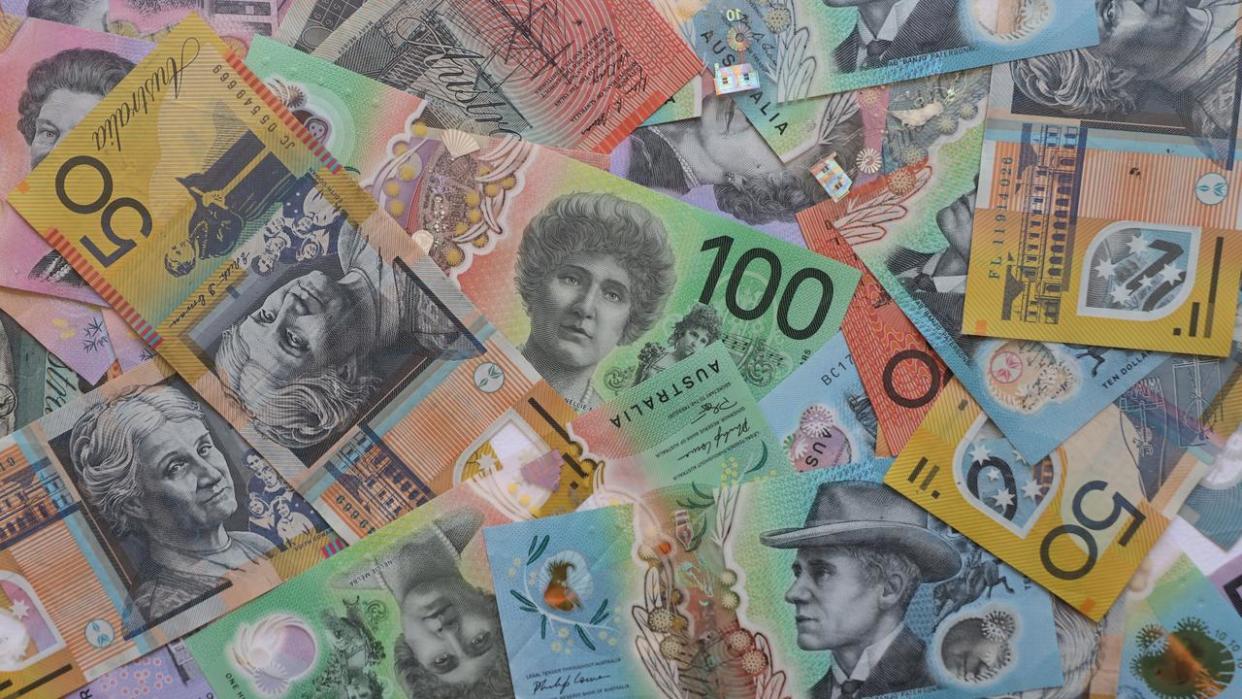Inflation puts shocking pressure on tax time

A “worrying” number of Australians are viewing their tax return as a crucial part of their finances during a cost of living crisis that has one in two decreasing their standard of living.
One in eight Australians say their tax refund is “critical” to staying financially afloat in the next few months, according to new research from Finder.
The survey found that almost one in four (23 per cent) described it as “very important” to the household budget, while 12 per cent described it as critical.

As tax time approaches in July, around 7.2 million Australians – or 36 per cent of the population – plan on saving their tax return amid the turbulent economic period.
Based on the average refund being $2900, Finder estimated that a staggering $20.8bn would be put into savings this tax season.
Rebecca Pike, money expert at Finder, said the cost of living crisis has triggered an over reliance on tax returns.
“There’s a cash flow crisis and many are counting on their tax return to address everyday expenses and get them out of a tight spot,” she said.
“If you’re waiting for your tax return to be bailed out, you are most likely living beyond your means.”

The shocking tax data comes as more people are reporting a drop in their standard of living due to the rise in the cost of living.
Half of Australians (49 per cent) admit they’ve had to decrease their living standards in the past few months including buying fewer groceries and shopping less, according to Finder.
Women are more likely to report a tighter budget squeezing their purchasing power, with 58 per cent of women and only 39 per cent of men facing a drop in living standards.
The research found 11 per cent have taken on more debt, while 1 in 10 have downsized their property due to affordability issues.
Five per cent of Aussies admit to gambling more as a result of the rising cost of living.
The survey of 1083 Australians over 18 found 4 per cent have had to move back in with their parents, while 3 per cent have rented out a spare room to cushion themselves from rising inflation.
Fellow Finder money expert Sarah Megginson urged Australians to try and limit their bills or boost their income to make it through tough financial times.
“Ask for a pay rise or start a side hustle and put aside as much cash as possible to cushion against price pressures,” she said.

“Almost every expense – from energy to food bills – have shot up and are squeezing household budgets and this could go on for years.
“Now’s the time to shop around to save money on all goods and services and set and stick to a budget.”
Ms Pike agrees an alternate stream of funds could be beneficial for those doing it tough, urging Australians to consider using their tax refund to create passive income.
“If you get a tax refund this year, it can be tempting to spend it all,” she said.
“But if you invest it strategically, you can generate passive income for years to come.
“Put it in a high-yield savings account or jump-start your investing journey to build wealth.”


